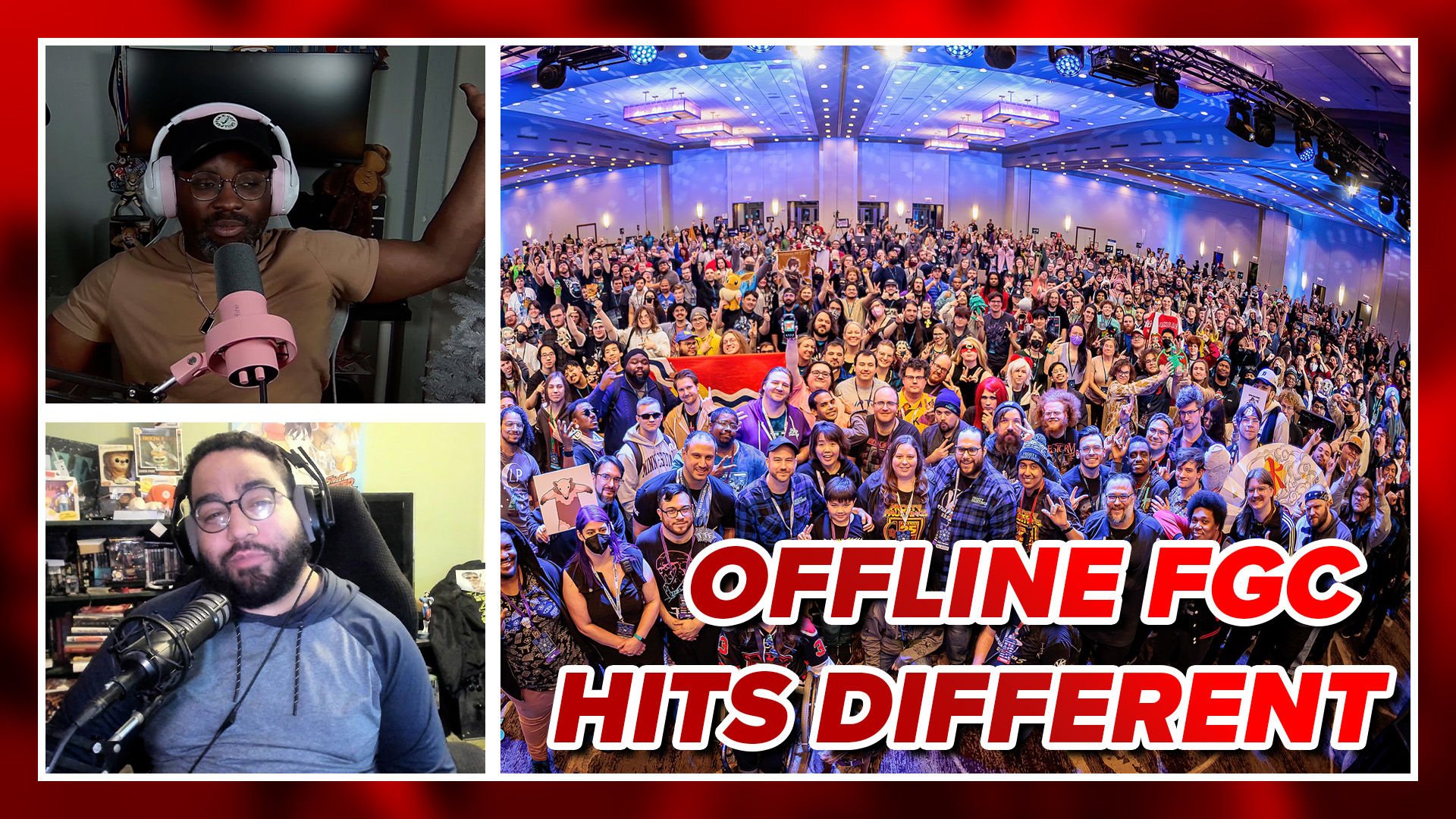A study released by The University of Missouri claims that video games have been placing a negative light on religion by associating it with violence. It seems that no matter what the industry tries to do, there will always be people trying to make video games a bad thing. So do they paint religion as a negative in some games? The few games glanced at for this study were Mass Effect 2, Final Fantasy XIII, Assassin’s Creed, Castlevania: Lords of Shadow, and The Elder Scrolls IV: Oblivion. To be fair, these games pretty much show violence anyway, regardless of whether or not there religion is a factor in it.
So let’s look what the conductor of this study, Greg Perreault, says about the religion to violence nature in these games: “In most of these games there was a heavy emphasis on a ‘Knights Templar’ and crusader motifs,” Perreault said. “Not only was the violent side of religion emphasized, but in each of these games religion created a of problem that the main character must overcome, whether it is a direct confrontation with religious zealots or being haunted by religious guilt.”
Clearly there was some sort of quest line(s) that used an often fictitious religious group to create a conflict and resolution type scenario so the player would have something to do. In the case of most of these games, most of these quest lines were a small part of a large number of different quests available in the game (such as in Oblivion and Mass Effect 2).
Is it so wrong that religion in games is sometimes portrayed with negative consequences? Look at real world history. Religion has been both positive and negative, depending on different times in history and what the religion is of the person who is looking back at history. Wars and arguments have been spawned over differences in religion. Isn’t it possible that games, which are being made with more and more realism (and historic undertones), are taking a few cues from events that have happened? In the same way that some video games try to incorporate real-life science and technology into games, they are likely bringing in events that have happened to enhance the realism of said game.
Perreault notes that he does not think that developers are doing this purposely: “It doesn’t appear that game developers are trying to purposefully bash organized religion in these games,” Perreault said. “I believe they are only using religion to create stimulating plot points in their story lines. If you look at video games across the board, most of them involve violence in some fashion because violence is conflict and conflict is exciting. Religion appears to get tied in with violence because that makes for a compelling narrative.”
These games are examples of games that paint religion as negative, but there is no mention of the games that don’t. A classic example would be the Dragon Warrior/Dragon Quest series of games. In this game, you save your game by going to the nearest church/temple and “confessing your sins.” Negative? I think not. What do you think? Do you think that religion is portrayed negatively in games? Do you think it matters?
[Image via Let’s Play]





